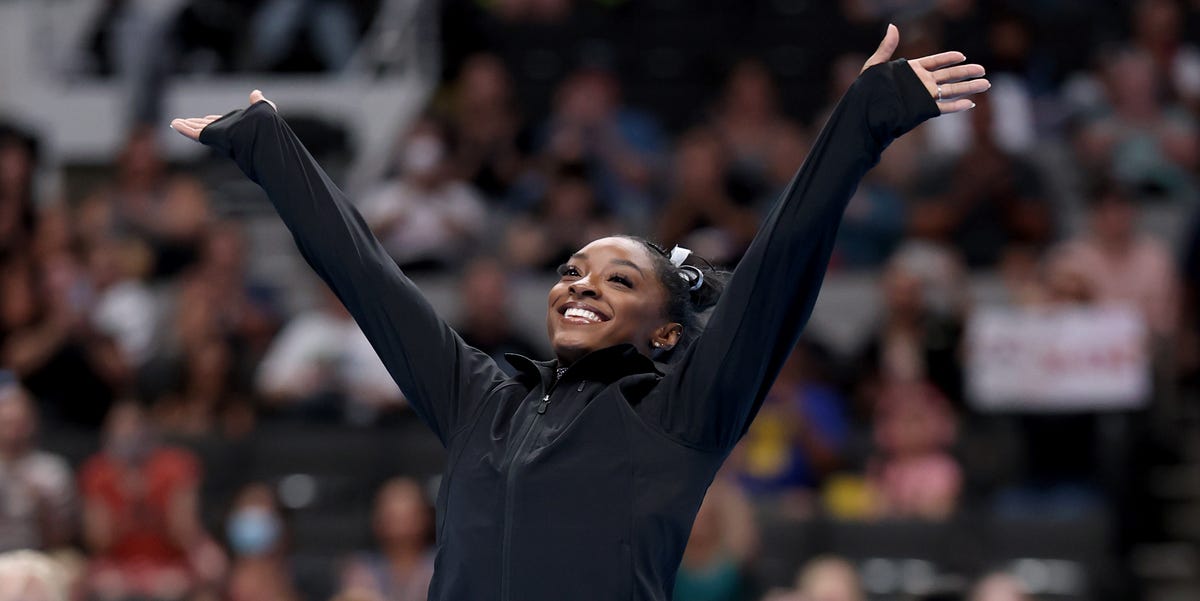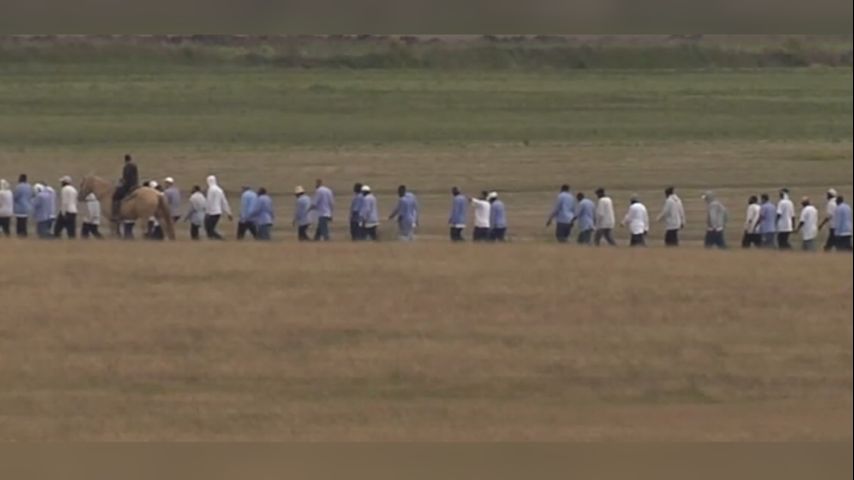I hadn’t seen my friend Jonah Wamah for years until I met him recently in Southwest Philadelphia. We hugged, sat down, and told each other about our lives. When it was his turn, he told me that last July, his son Joseph was one of the alleged victims of Kimbrady Carriker, who is accused of taking part in a shooting spree in the Kingsessing neighborhood of Southwest Philadelphia that left five people dead. He was devastated; as he recounted the incident, he began to cry.
I hugged him again. Sadly, I could relate to his story.
I told him that my nephew, Kafumba Kanneh, had been murdered just a few weeks earlier on May 9, also in Southwest Philadelphia, at the corner of 61st Street and Passyunk Avenue. That night, I happened to be driving toward the Passyunk Avenue bridge that connects 61st Street when I saw a police line. I had no idea there was gun violence in the area; I simply took a different route to my destination in South Philadelphia. In the morning, I was shocked to learn that my nephew had been killed right near where I had been driving.
My friend Jonah Wamah is an immigrant to Philadelphia from Liberia, like me. We met here through other members of the Liberian expat community, many of whom have made Southwest Philadelphia their new home.
I moved to the United States in 1995 and ended up in the Bronx; in 2000, I was transferred to Philadelphia as a member of the US Navy.
Like many people in West Africa, we came to the United States after surviving years of war in our homeland, looking for a place of refuge to escape that violence. Since this fall alone, community organizers estimate that 1,000 people from Mauritania, Guinea, Liberia and other West African countries have come to Philadelphia seeking asylum. Most have settled in Southwest Philadelphia.
For people born in West Africa, coming to the United States is a dream come true, a place to escape the armed factions in their homeland fighting for political and territorial control. The last thing on our minds was the fear of being shot in the streets of our new home.
And yet, that’s exactly what’s happening. My nephew and Jonah’s son are simply part of the city’s annual statistics of gun violence: another weekend, another murder. More than 130 people have been shot in the city so far this year. And people here just seem to shrug their shoulders and act like gun death is normal.
Of course, life as an immigrant was not easy. In the late 1990s and early 2000s, clashes between young Liberian refugees and their peers, mostly African Americans, were common. We were both black, but our accents and different lifestyles made us stand out. But thanks to interventions by both the African and African American communities – school programs, after-school programs, and community events to reduce violence – tensions began to subside.
Those of us born in West Africa may still feel a stronger connection to other West Africans than to African Americans and spend most of our time in our community, but we have learned to live side by side. Communal tensions between Africans and African Americans are largely a thing of the past.
Our children’s lives have taken a different course. Most of them were born here, have no accent, dress and live the same way as their African-American peers, attend the same schools in the same neighborhoods. And now both are part of the negative statistics on gun violence.
The gunshot death of my nephew sent shockwaves through our community, in Philadelphia, and beyond. Friends and family from as far away as Minnesota came to his funeral. His father came from Liberia.
Now, as a community, I hear more and more West Africans talking about what we can do to prevent our young people from falling victim to the never-ending gun violence. Saving our children must be part of the agenda of our various community organizations.
With many of us busy paying our bills and taking care of friends and families in Africa, our children have a lot to figure out on their own. Sometimes we don’t talk to them about their future – their schooling, their careers, and how they should be careful who they befriend. As parents, we compete with our children’s friends for their attention. If we don’t engage them in a positive way, they may have different conversations on the street, which often leads to the kind of gun violence we see today. Talking to our children won’t be enough to solve the gun violence crisis, but it’s a good start.
Furthermore, the West African community should no longer remain silent on gun violence. We must address the issue as individuals, at home and in our community organizations, which should involve our children in activities such as summer programs so that they understand that they are part of a living culture.
As immigrants, we made the difficult decision to come to this country to provide a better future for our families who were unable to make that journey. Our children are that legacy. They are the future we are trying to build. We must do everything we can to save them.
Nvasekie Konneh is a writer and author of two volumes of poetry, Going to war for America And The love of freedom brought us togetherAnd My father’s birth countrya reminder of the Liberian civil war.

/cloudfront-us-east-1.images.arcpublishing.com/pmn/4LKUHQZIN5HHDNLXQ4FZDRSKKA.jpg)

